Comparing Unlimited Data Plans for Phones and Hotspots
Today’s wireless world is full of unlimited everything. Every major carrier has an unlimited plan that will provide the customer with a great experience, as long as the customer realizes their unlimited plan is not truly unlimited and that “great” is a relative term to be defined by the carrier holding the upper hand in a debate.
The unlimited portion of the unlimited plan is only unlimited when referring to “pieces” of the plan. The minutes, as they were once called, are unlimited. You can call people all day long on the carrier’s towers with abandon and no repercussions. Texting, that once was charged on a per text basis, (also referred to as SMS) is absolutely unlimited in the truest sense of the word. Text till your fingers cramp and the carriers will have no problem whatsoever.
There was also a time when long distance calls were a phrase of concern. As far as we can tell, charges for long distance calls are a thing of the past when referring to calls made from your wireless phone.
What the carriers (Verizon, AT&T, T-Mobile) have an issue with is “unlimited” use of data. The phrase “unlimited data” is being removed from the vernacular of wireless providers due to its literal definition not standing up to legal scrutiny.
Due to a myriad of reasons, most of which boil down to technological advancements, ways to consume data, and the proliferation of online content, the amount of data used has exponentially increased for many everyday activities.
Keep in mind, the wireless service industry is not an industry where novel ideas flow in the billing department. When one carrier decides to start billing in a manner that creates higher profits legally, all other carriers fall in line. It is a copycat industry. So, there will be some slight differences in the plans, but for the most part, you should notice a trend.
After reading this article, you will understand how each carrier defines the terms they use to refer to the plans offered on their website and hopefully have some questions answered.
Verizon Unlimited Phone Plans
As far as mainstream wireless carriers go, Verizon phone plans are and have been the plans to beat when it comes to straight up voice coverage. Verizon phone plans are reaching more people today than ever before and have been in the lead with respect to coverage since the days of 3G. The Verizon unlimited plans today are slightly confusing. The Verizon unlimited data plans for phones and hotspots break down in a few ways but still have to data restrictions.
First of all, not only are the Verizon phone plans including unlimited talk and text, they also include unlimited talk and text to your friends north of the border and amigos south of the border by including Canada and Mexico in their unlimited calling and texting plans. That’s muy bueno.
Where the plans start to look not as unlimited is when they get into data consumption. The Verizon phones have data allowances with restrictions on Verizon unlimited plans and their Verizon unlimited hotspot plans have restrictions as well. Unlimited mobile hotspot plans with a voice plan give you a 15GB limit for $80 per month plan and $90 plans have a 30GB cap.
They will still allow usage after that cap has been exceeded but the speed will be slow considerably and you will likely be throttled until the next billing cycle starts.
AT&T Unlimited Phone Plans
AT&T unlimited phone plans are in line with Verizon unlimited plans in that the phone plans will give you unlimited talk and text to Mexico and Canada. Where they differ in the text department are the additional countries with which they allow free communication. Over 120 countries are listed as free texting countries.
The AT&T unlimited data allotment is congruent to Verizon unlimited plans by slowing your speeds after a certain threshold has been met.
There are three tiers for AT&T unlimited plans and on the lowest priced plan you will be throttled from the start. The next tier will slow you at 50GB of usage and the highest plan will throttle you at 100GB usage. Again, this is just for the phone data usage, if you use the hotspot option you are only getting 15GB on the middle tier plan and 30GB on the highest tier. The lowest tier plan at AT&T is missing the option for a hotspot at all.
T-Mobile Unlimited Phone Plans
Sprint and T-Mobile merged this year creating the nation’s third largest wireless network. Sprint unlimited plans are no more, but T-Mobile unlimited plans are available.
T-Mobile unlimited plans have three tiers as well. The least expensive T-Mobile unlimited plan allows for T-Mobile unlimited data, but at 3G speeds. That equates to throttling from the onset of service. This might not have been a huge issue to a large swath of Americans ten years ago, but the idea of running any type of modern website on a browser with 3G speeds would be so painfully slow, a browser would probably time out between clicks.
The middle tier for T-Mobile unlimited plans grants the user 3 whole gigabytes of 4G LTE speeds and then they deprioritize the service back to 3G speeds (unlimited).
The high tier does give a more comfortable GB well from which to draw as T-Mobile unlimited data plans on their highest level allows for 20GB at the 4G LTE speeds before they tighten the spigot into 3G speeds (unlimited).
Unlimited Hotspot Plans
All the pricing and plans are listed as data pricing for Verizon unlimited plans, AT&T unlimited plans, T-Mobile unlimited plans for phones. Wireless hotspots are a slightly different tool so we should take a minute to understand the difference.
Unlimited hotspot plans are data plans from wireless carriers that allow the user to access the internet through a high speed from a modem/router or “hotspot” to be used through a WiFi signal on multiple devices as a primary means of access to the internet.
T-Mobile offers unlimited mobile hotspot plans that allow for T-Mobile to deprioritize the speeds after 55GB of usage in times of network congestion. Deprioritization is a power the carriers were given by the repeal of Net Neutrality whereby they can give priority on the networks to certain users based on the price they pay for their service (businesses usually pay more than consumers), voice quality, and other high priority users.
Verizon offers unlimited mobile hotspot plans with a cap of 15GB at premium speeds then will slow you down to 600Kbps.
AT&T offers unlimited mobile hotspot plans with a cap at 15GB for the lower plan and 30GB for the higher plan. After that threshold is reached, the AT&T website claims that you may “notice reduced speeds”.
All of these providers offer a tethering option that allows you to use your device (phone, iPad, tablet…) as the anchor to your other devices. But when doing that, the allowable amount of data provided with your data plan in relation to your device will decrease.
The wireless hotspot is a more secure and reliable access point into the internet and allows for more data consumption even if the speeds are throttled. Wireless phone data usage is great to have as a backup or last resort, but lack of data available through a phone really puts a damper on any streaming or a lot of surfing that might include downloads.
Unlimited LTE Advanced offers the hotspot experience without the low data cap and comparable speed. Keeping in mind that internet speeds fluctuate based on a multitude of factors, the average speeds provided by Unlimited LTE Advanced rival the big three carriers with download speeds around 50Mbps on the high end of the spectrum and consistently between 10-15Mbps. The low-end speed average is more than enough to stream a movie, video chat with grandma and stream some Holiday music.
As far as data caps are concerned, (remember, no provider allows unlimited data anymore) if a customer will use within 10 – 15 GB per day, and keep a monthly usage in the 300GB ballpark, the internet service should act and feel just like a land-based internet provider with no hassles or throttling.
In the end, find a wireless provider that offers as close to unlimited internet plan as you can find for the price that is right for you and enjoy the online experience. Nothing ruins the internet like the inability to access it.

Mike Meyer serves as the Vice President of Marketing at Unlimited LTE, where he leads the charge in delivering innovative communication solutions to those who need them most—rural communities and people whose lives keep them constantly on the move. With nearly a decade at Unlimited LTE and over 40 years of combined industry experience across his team, Mike is deeply passionate about bridging the digital divide. For him, it’s not just about connectivity—it’s about unlocking opportunity and improving lives through better, smarter access to the world.




